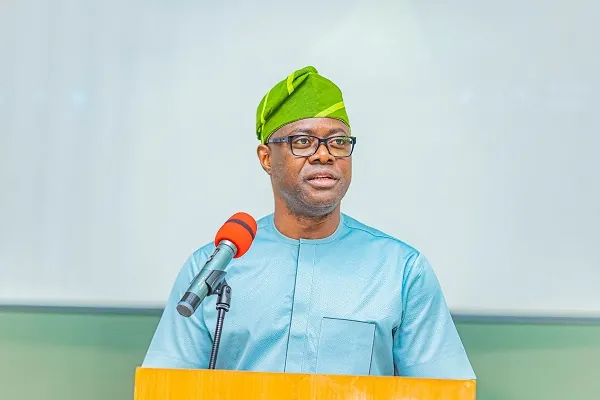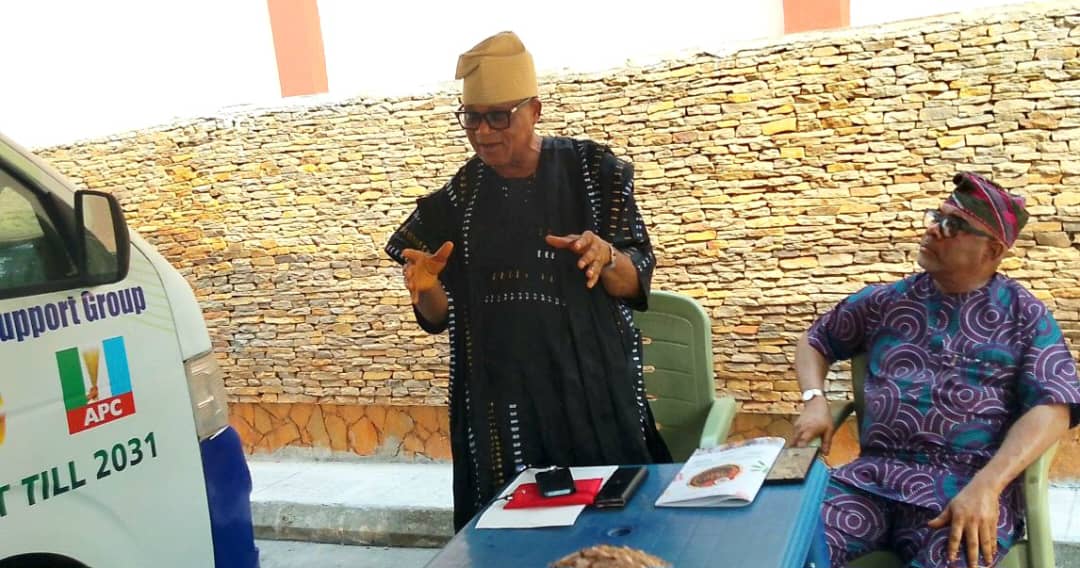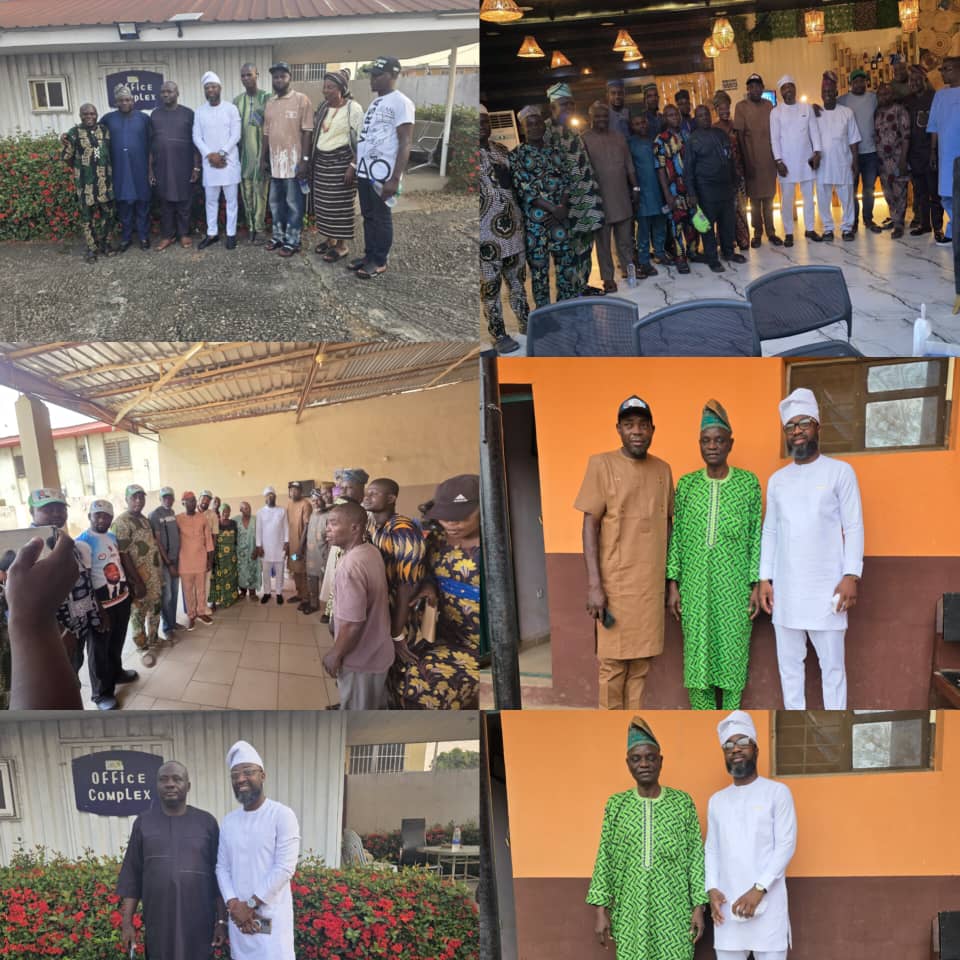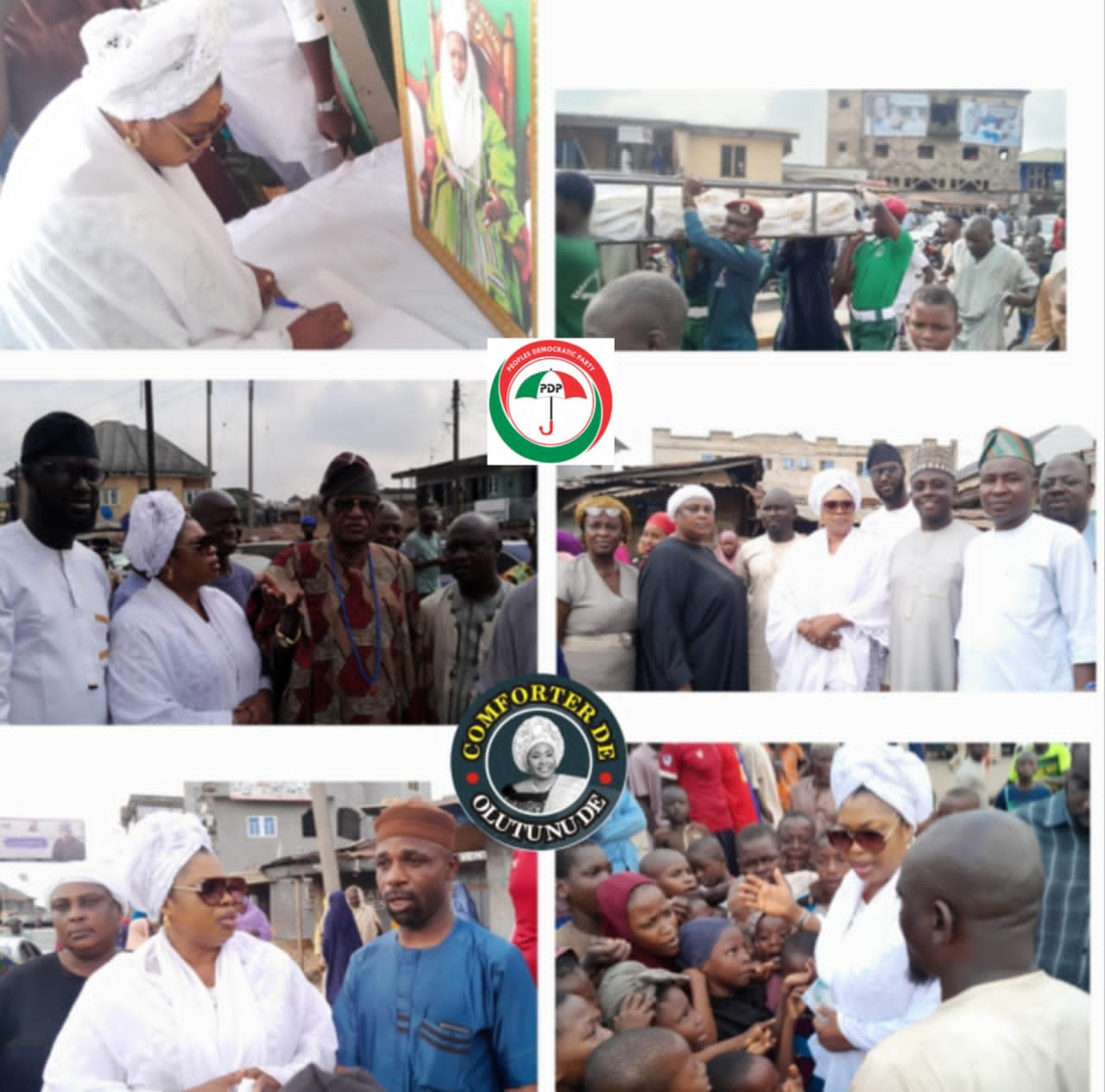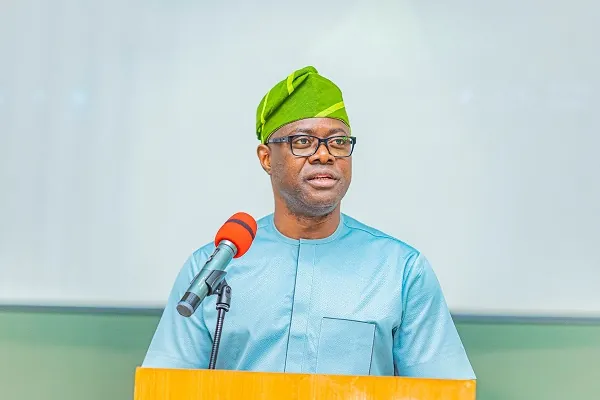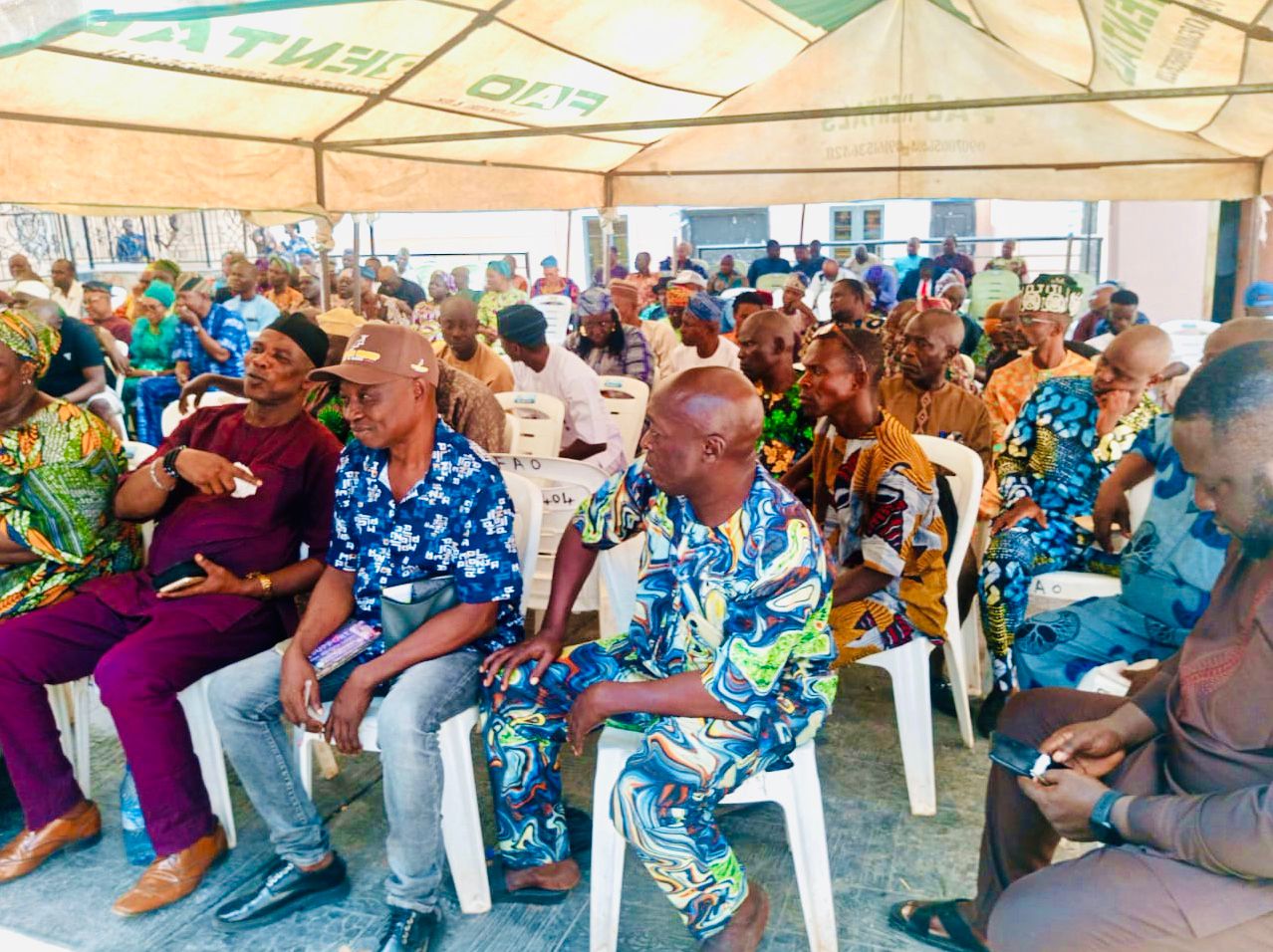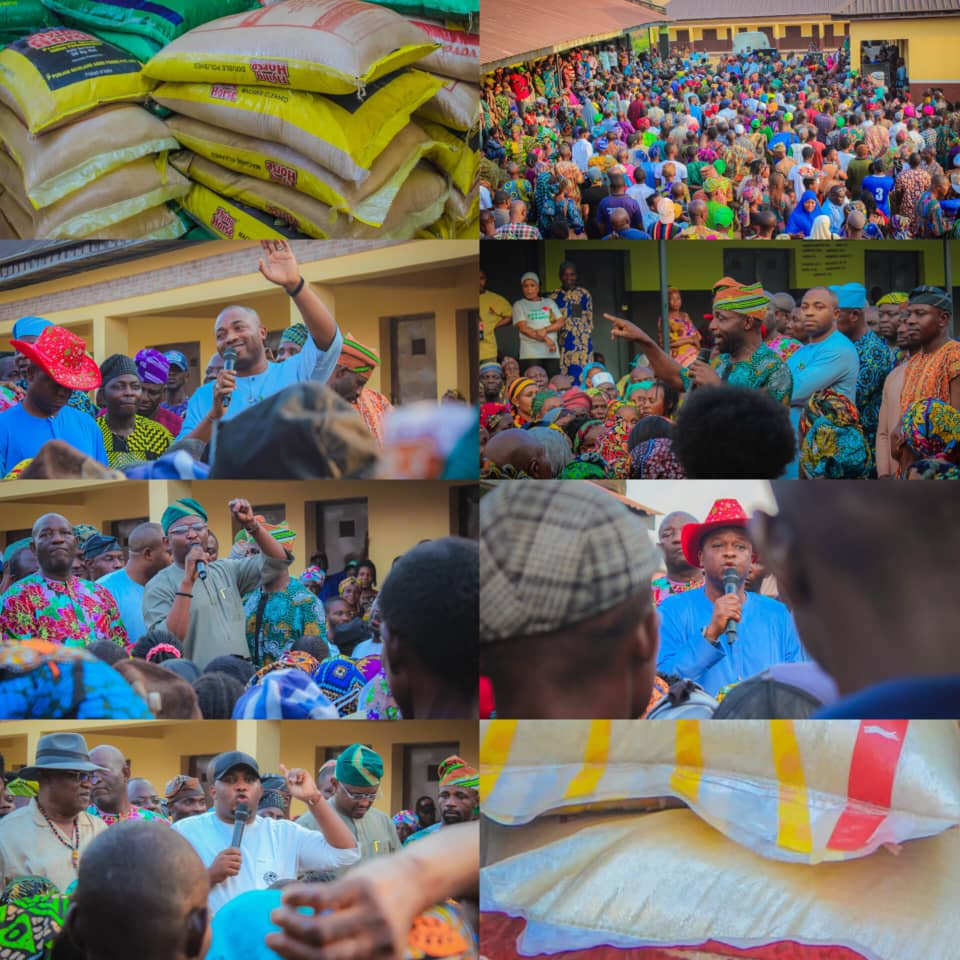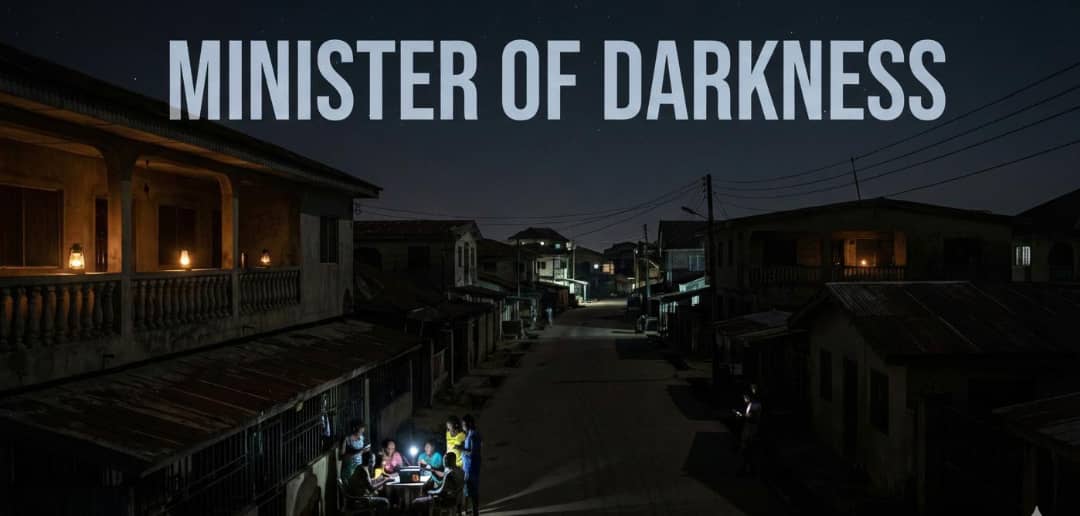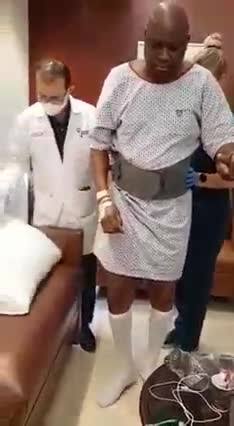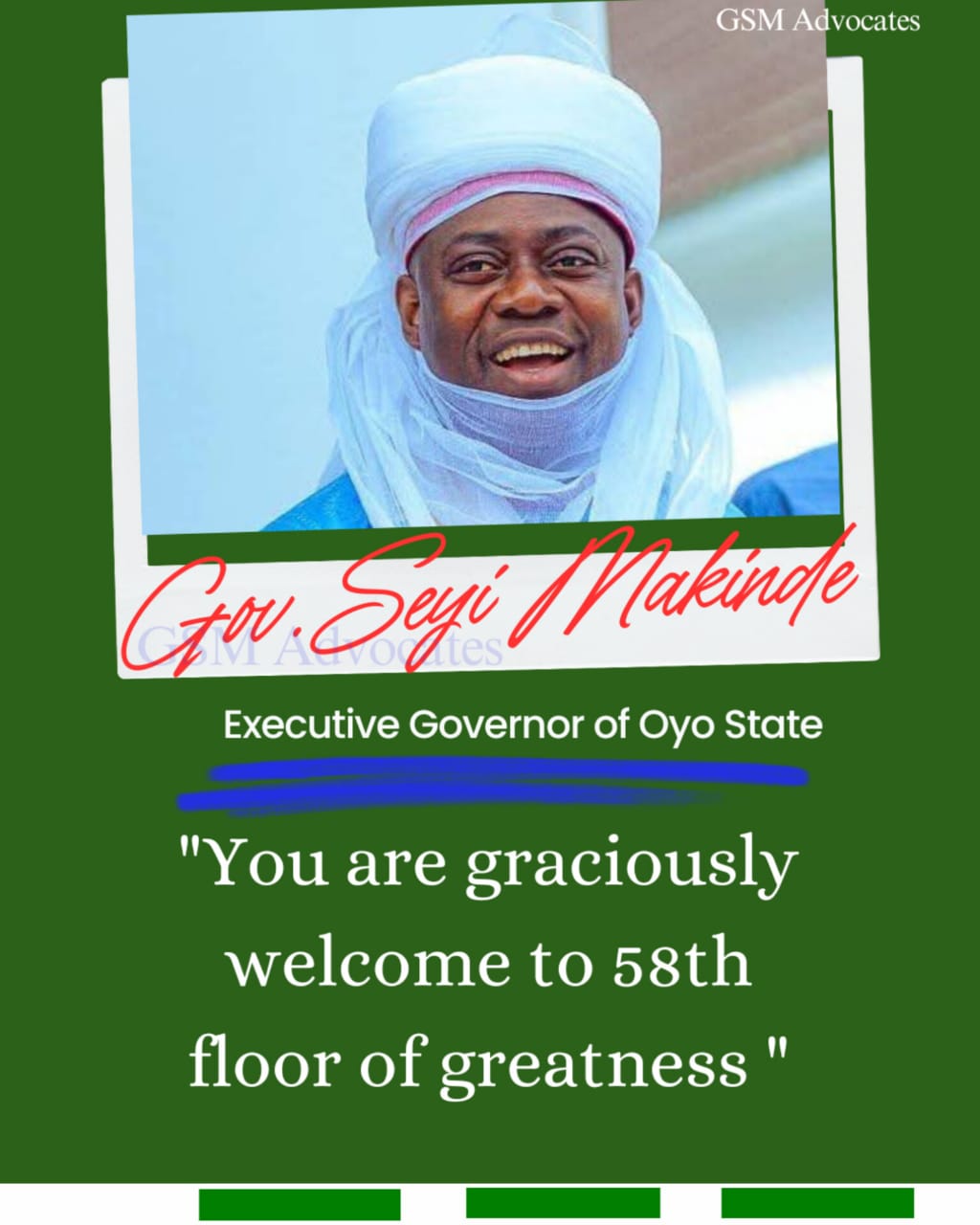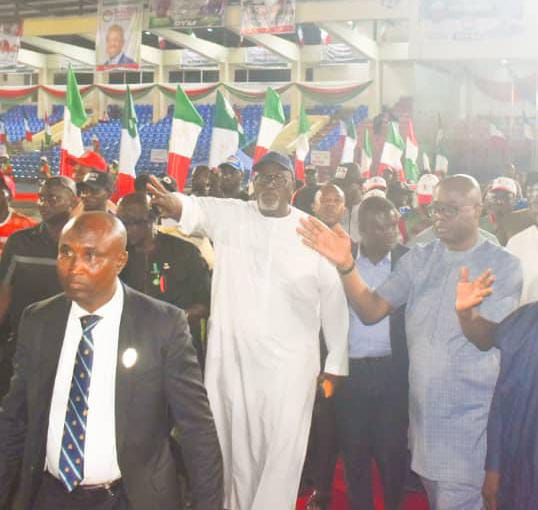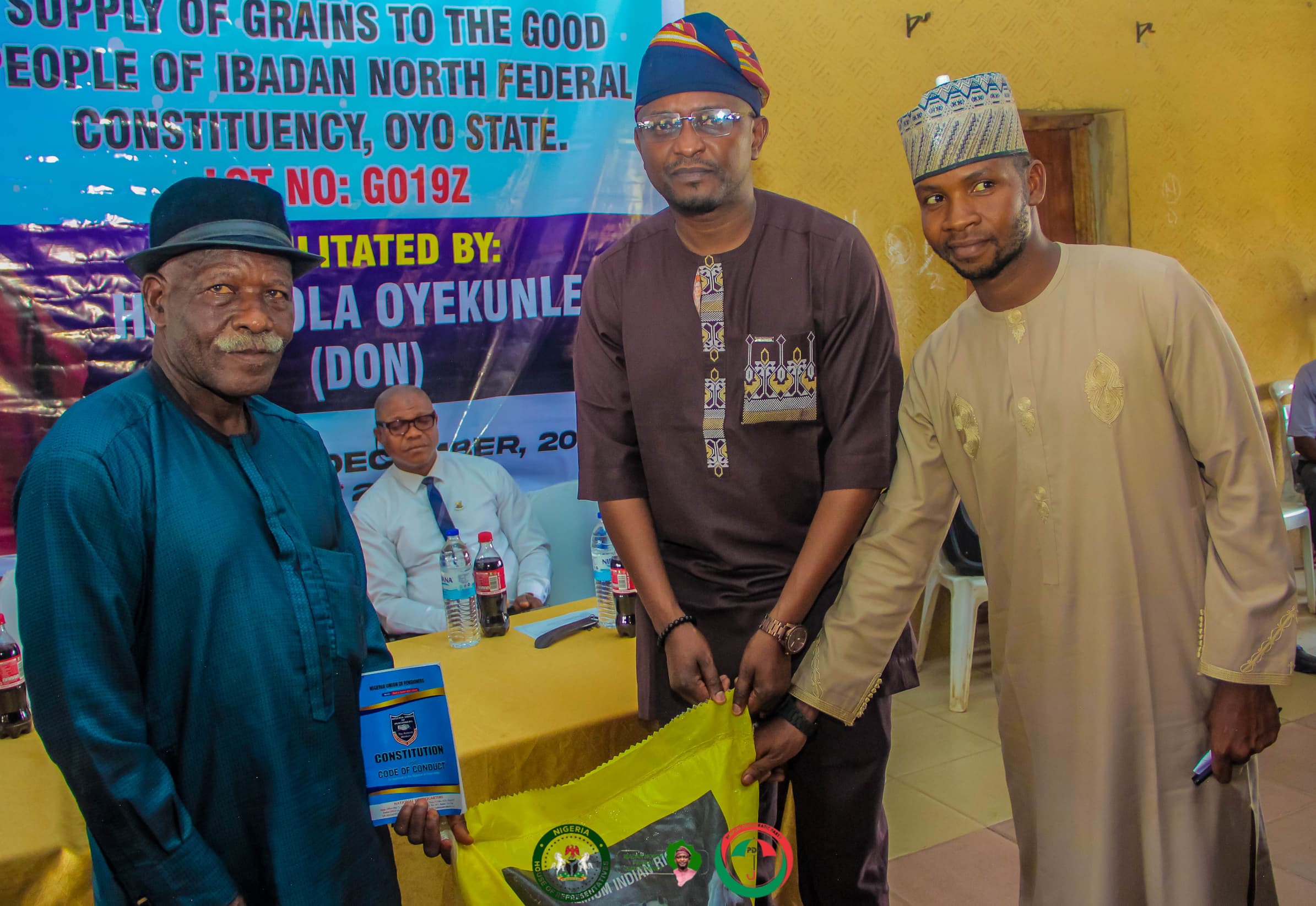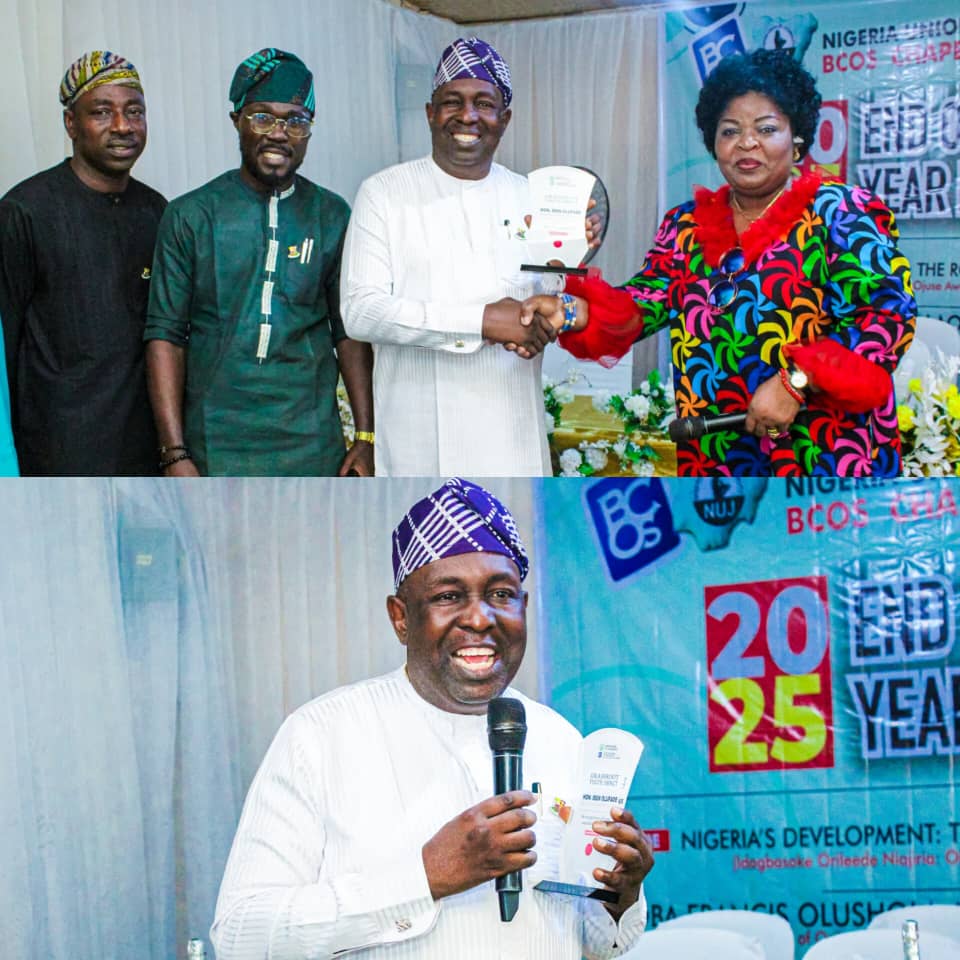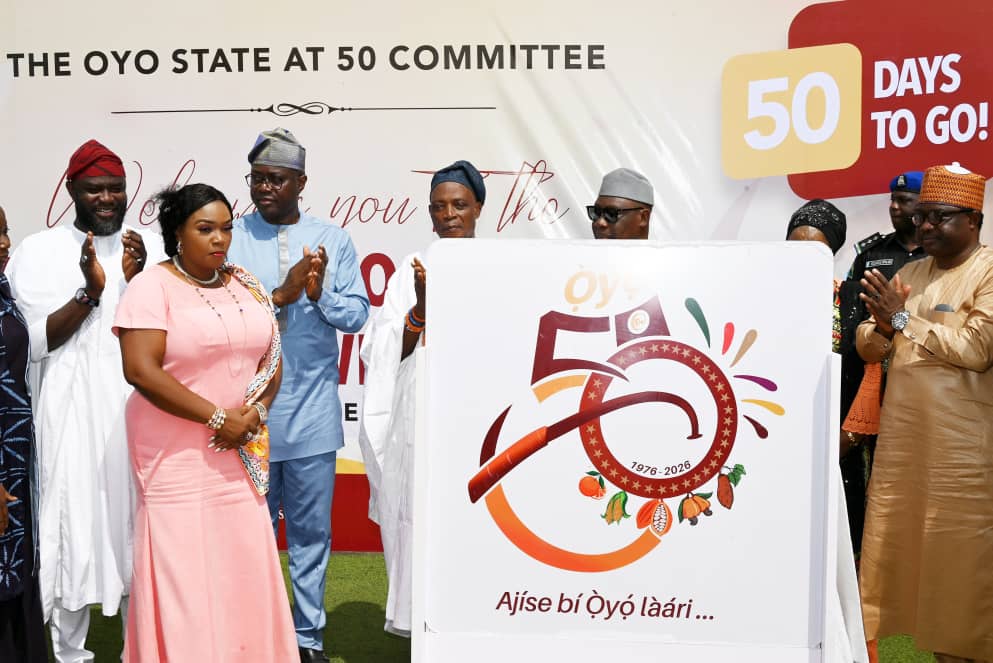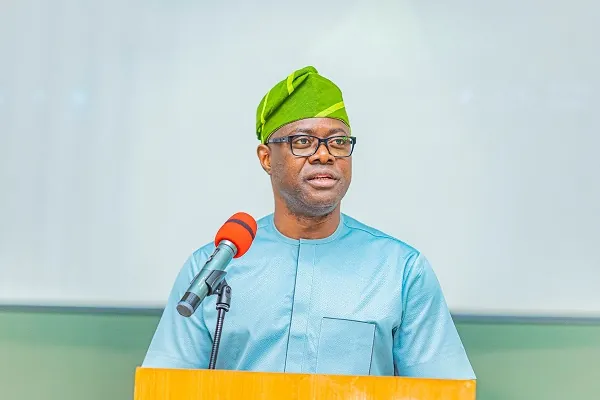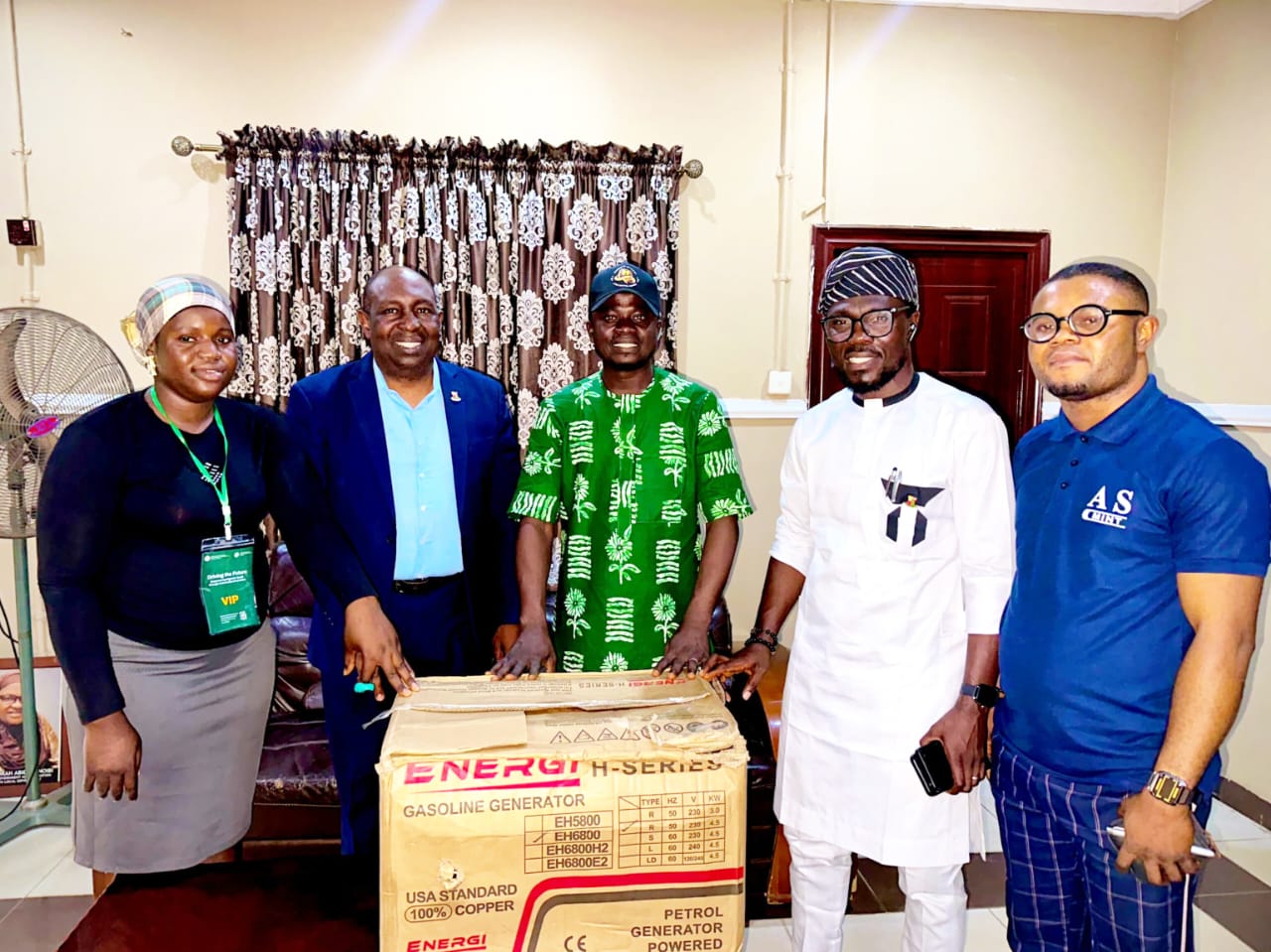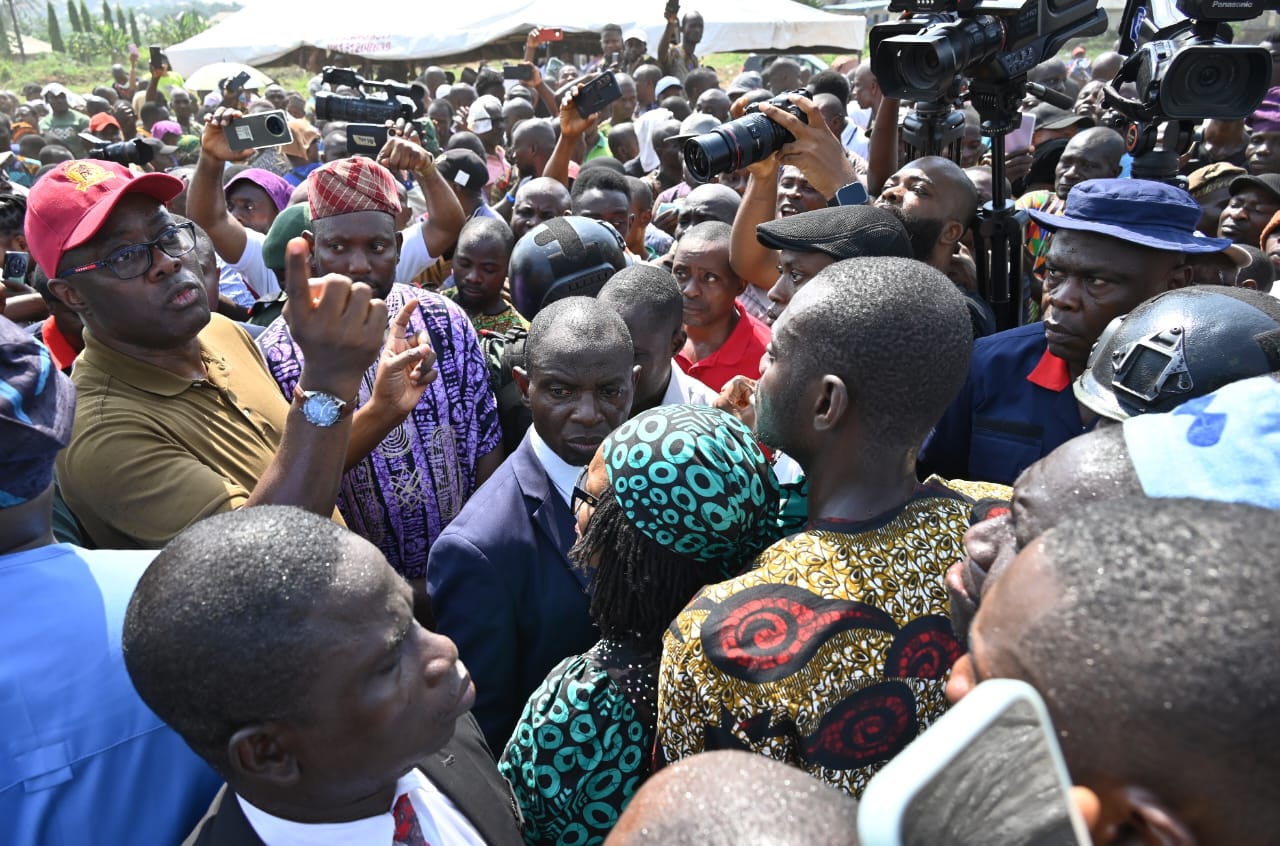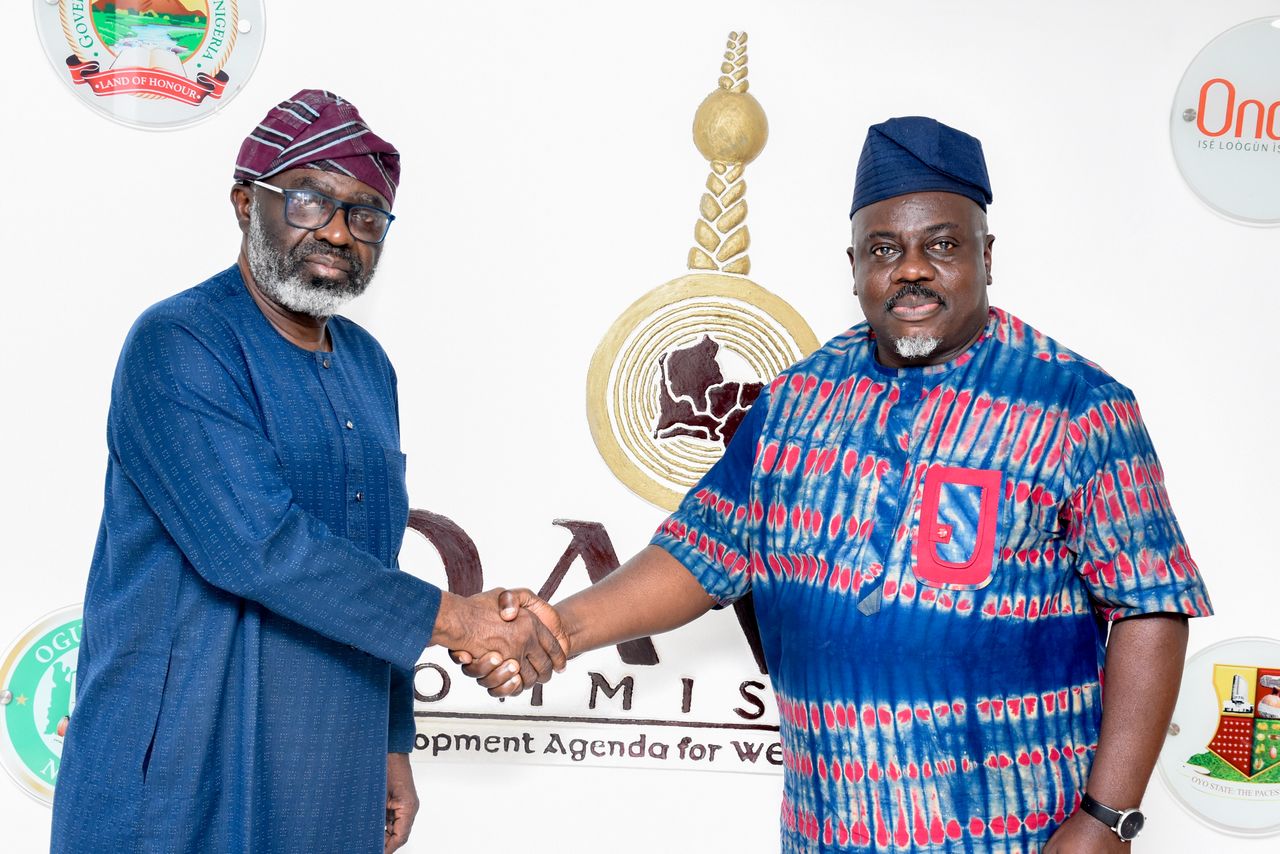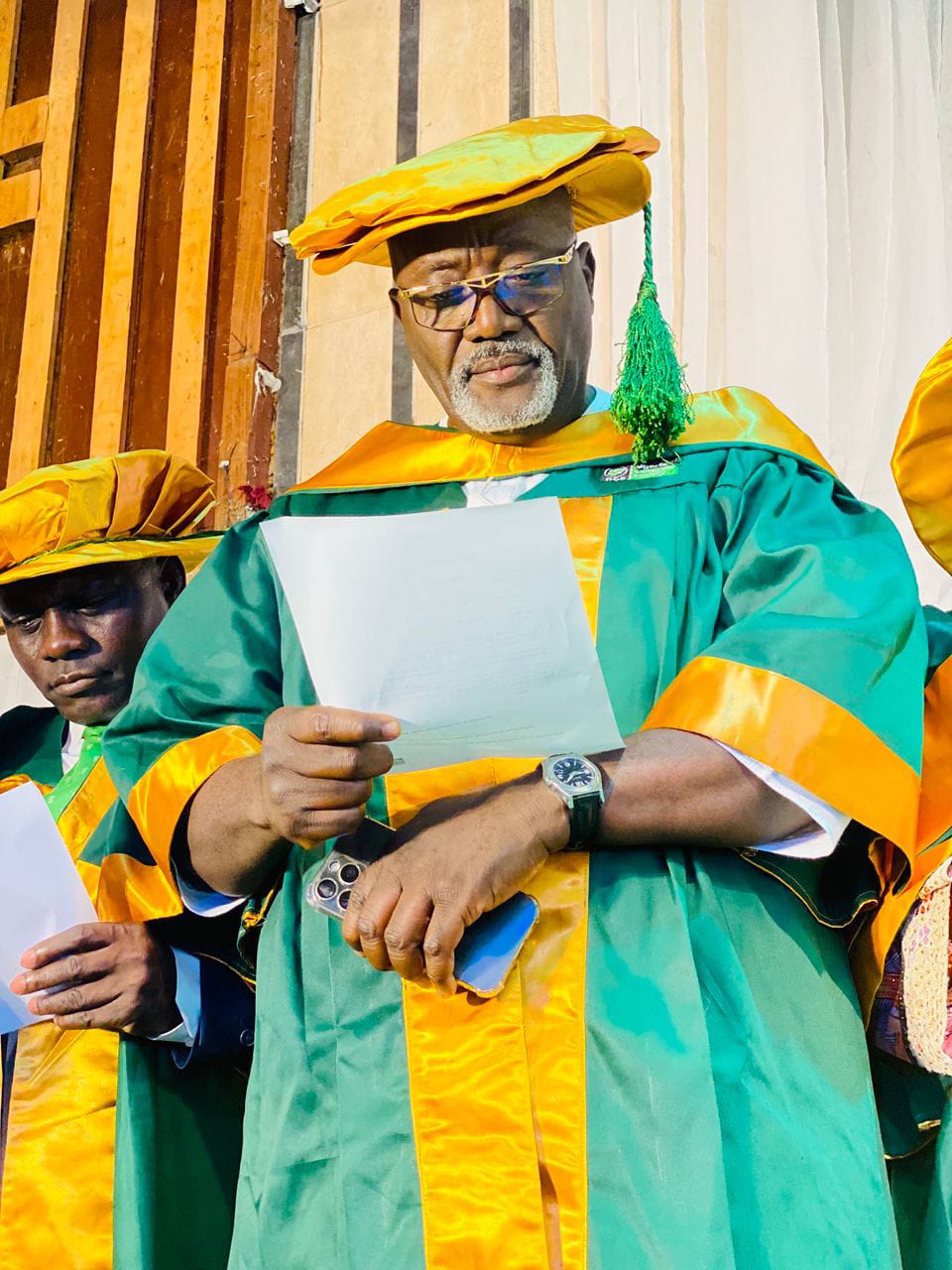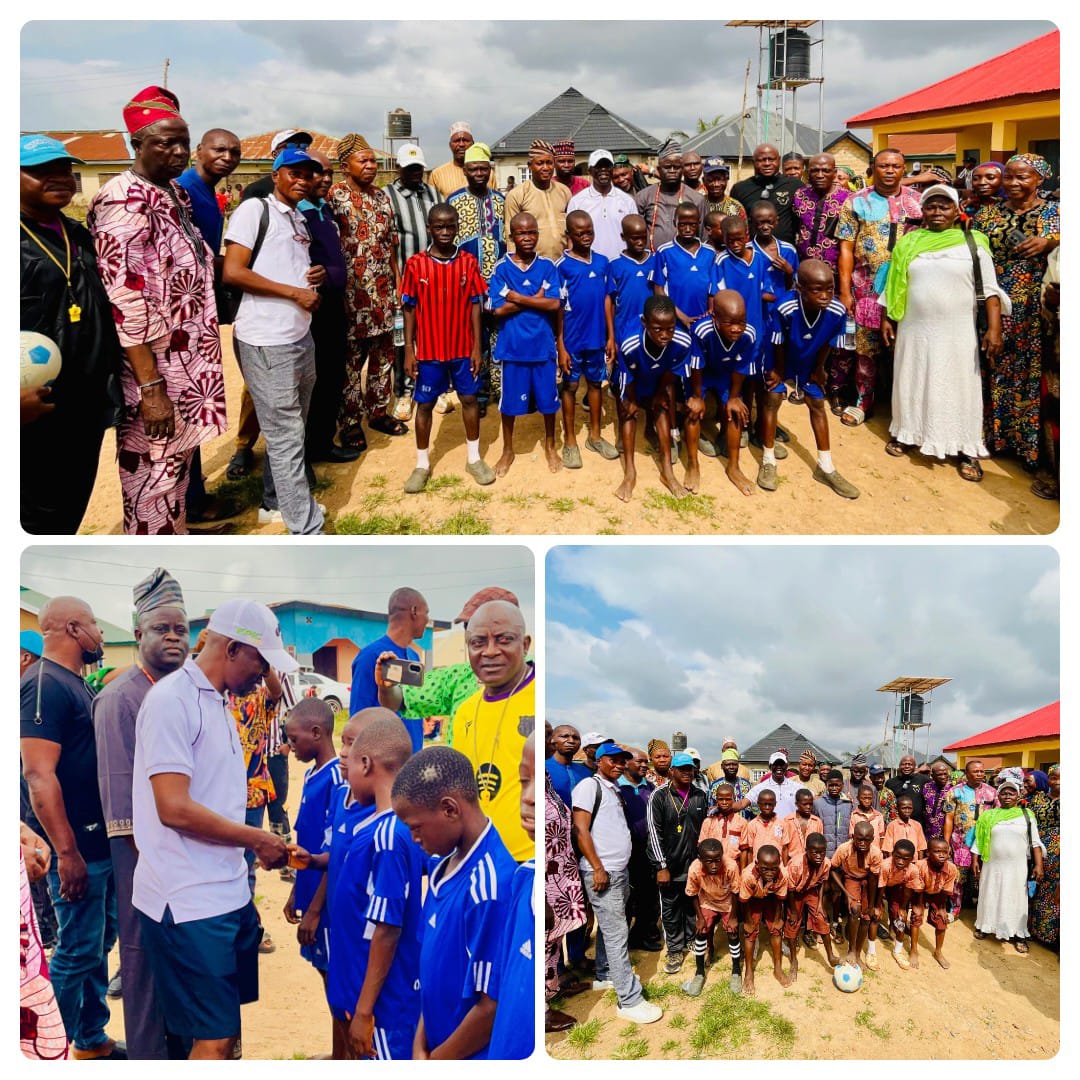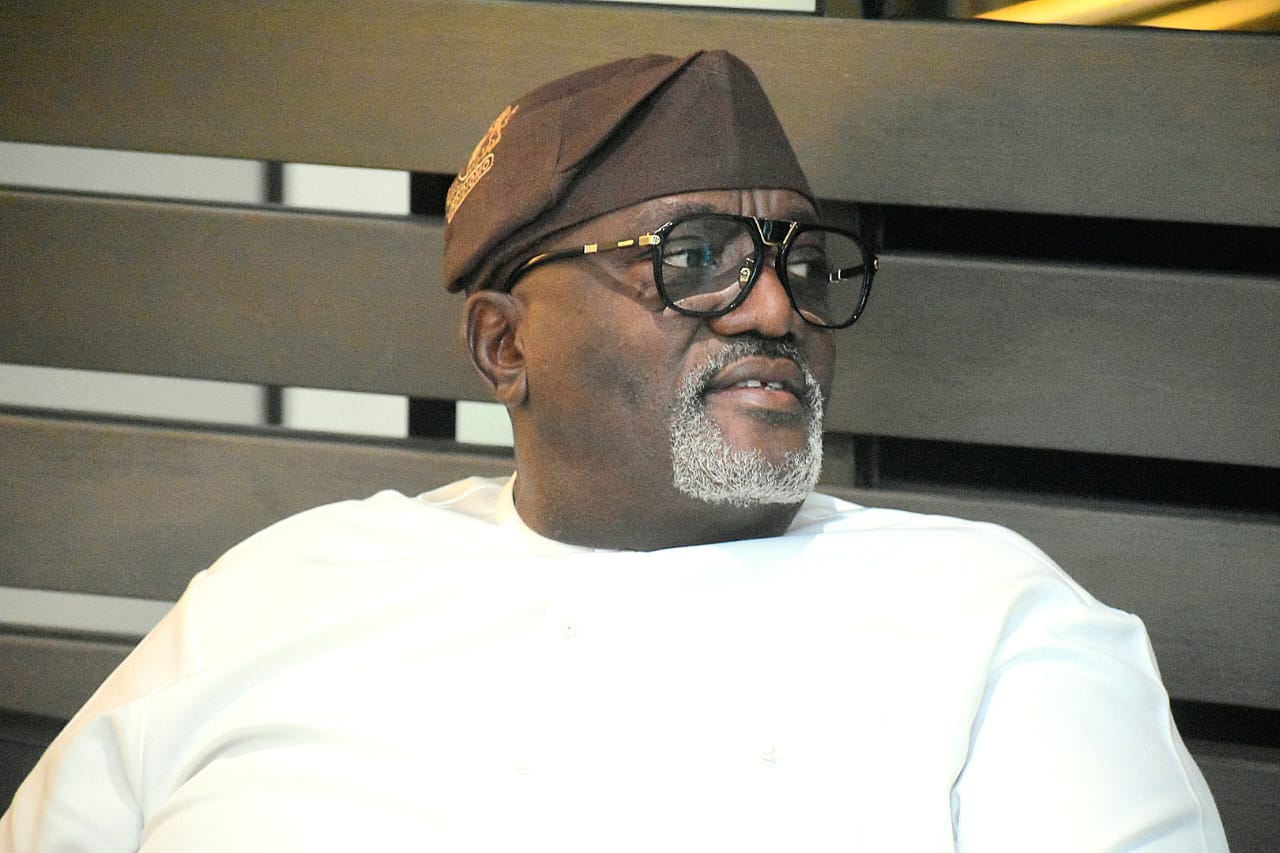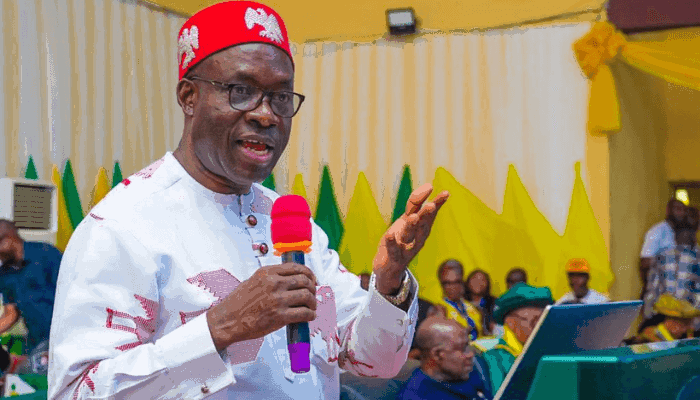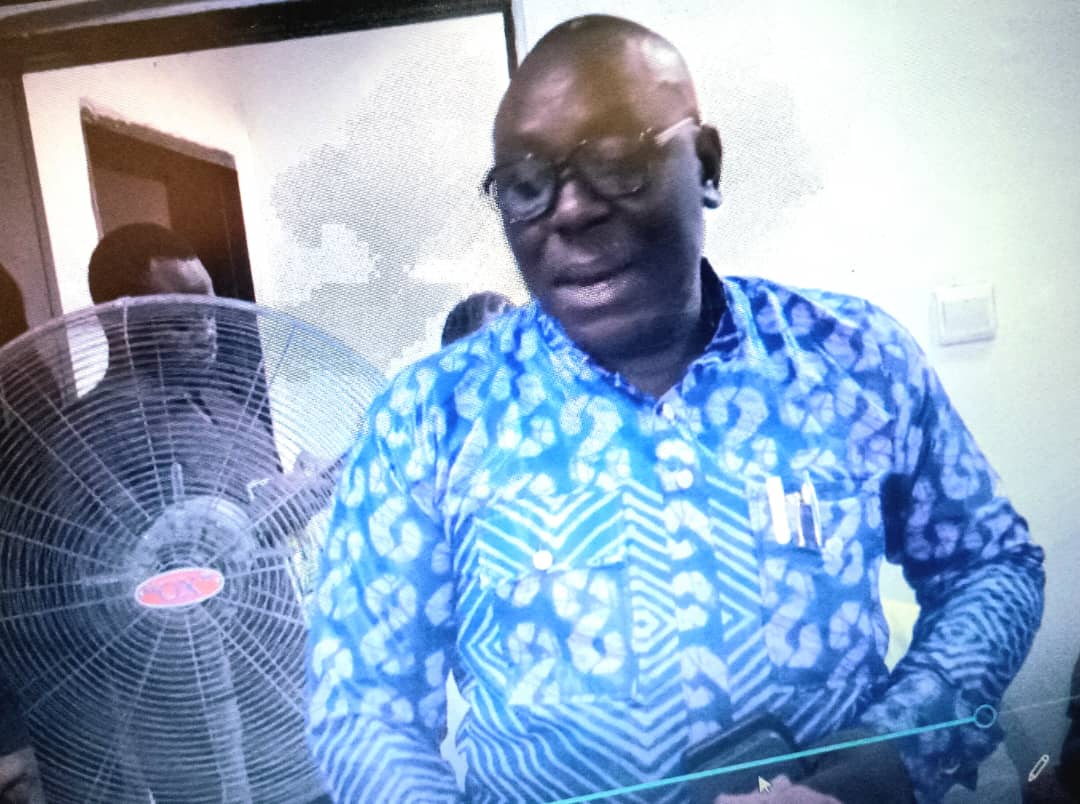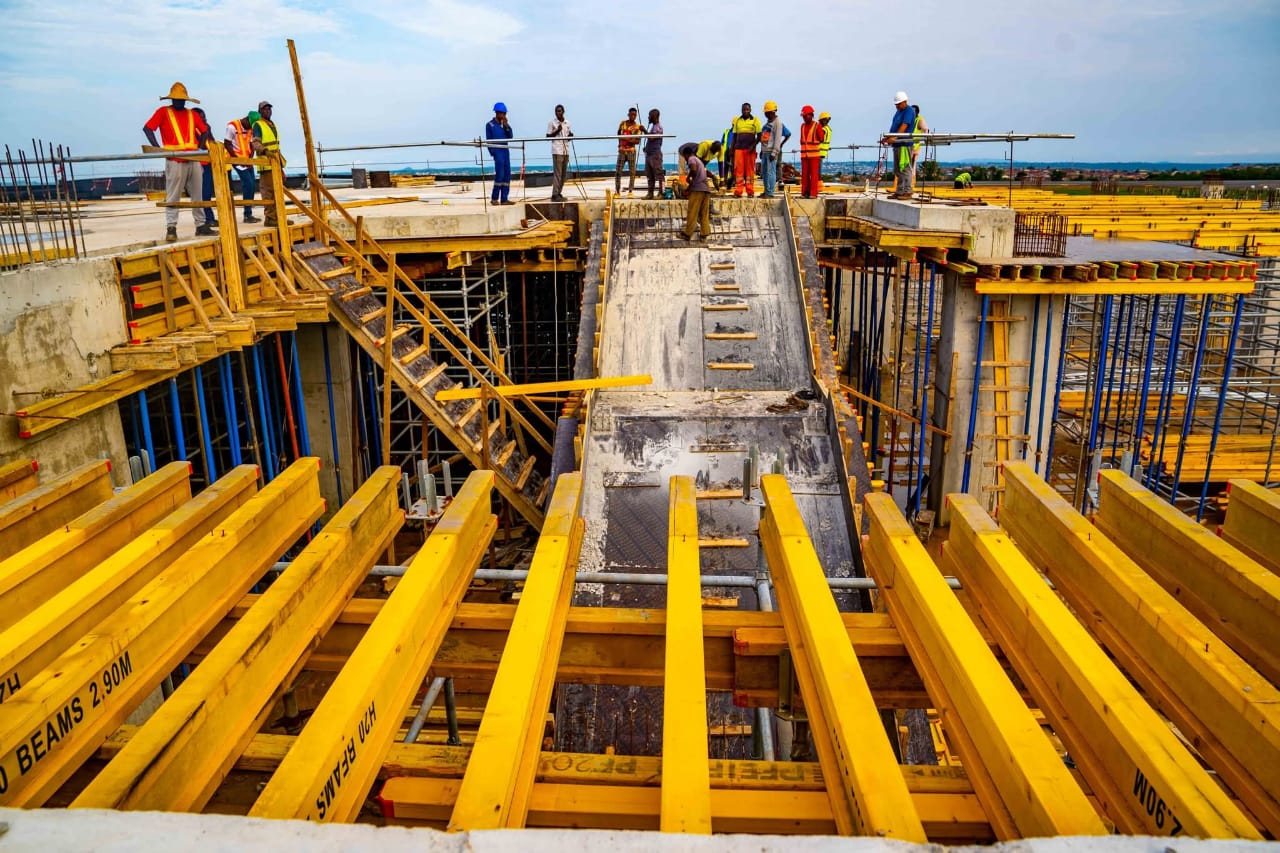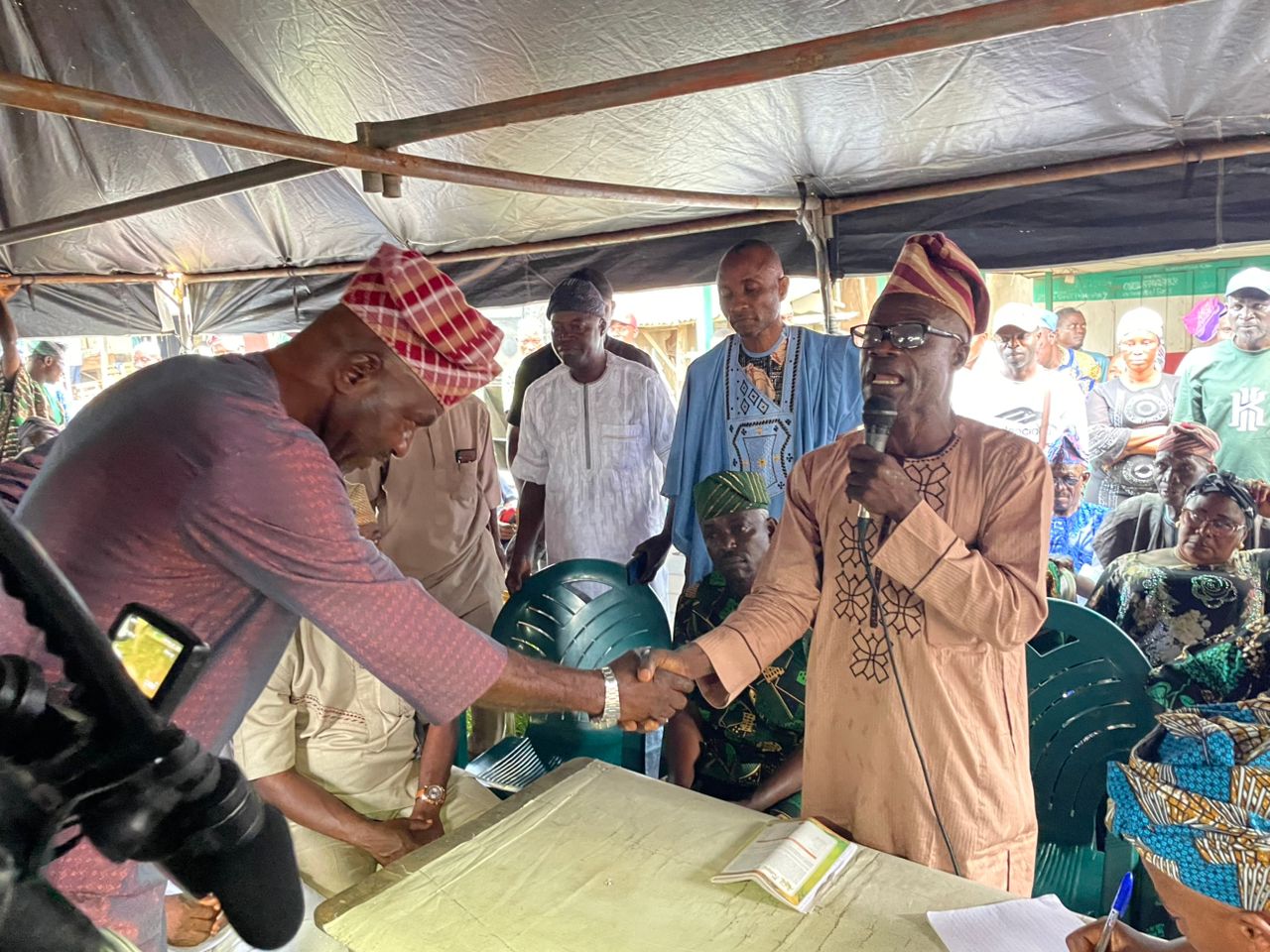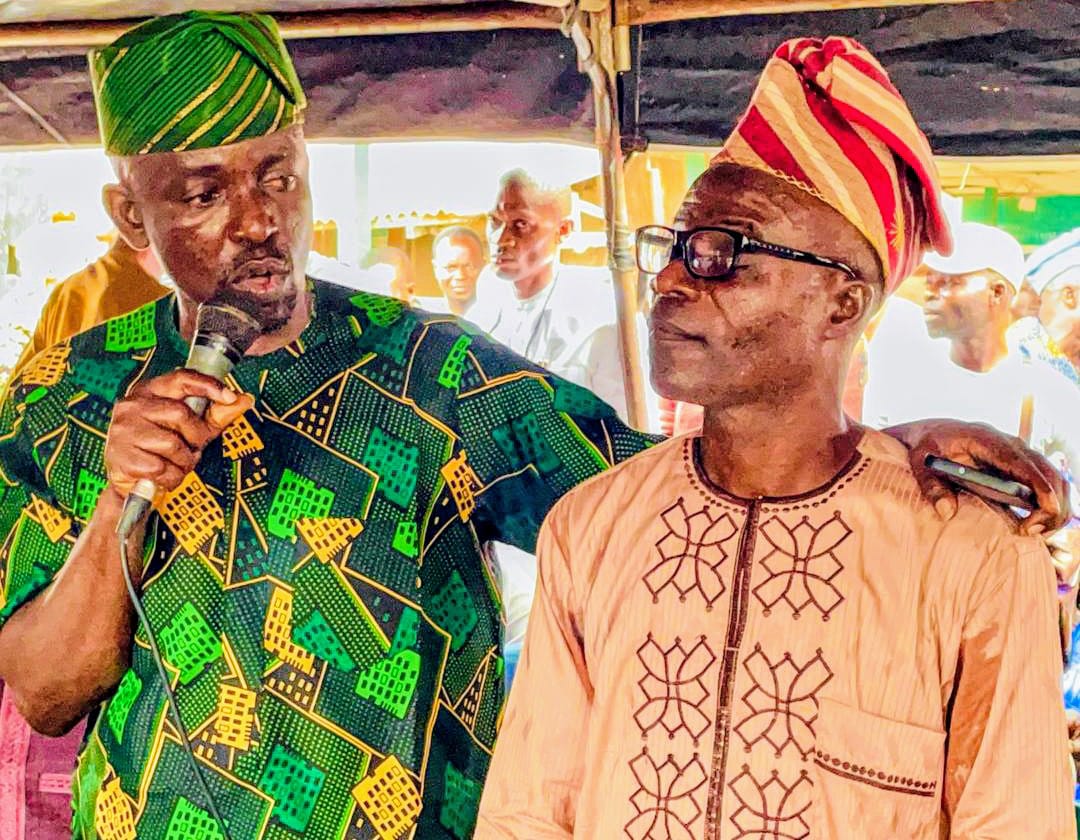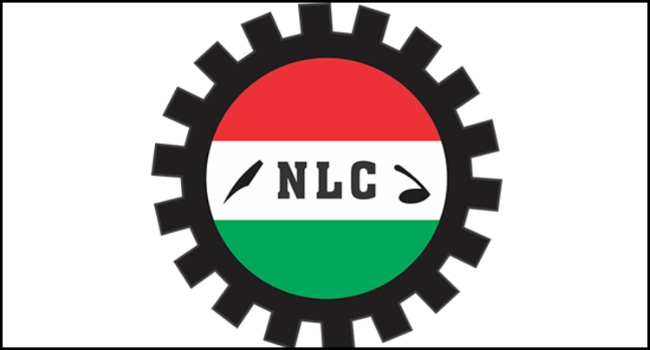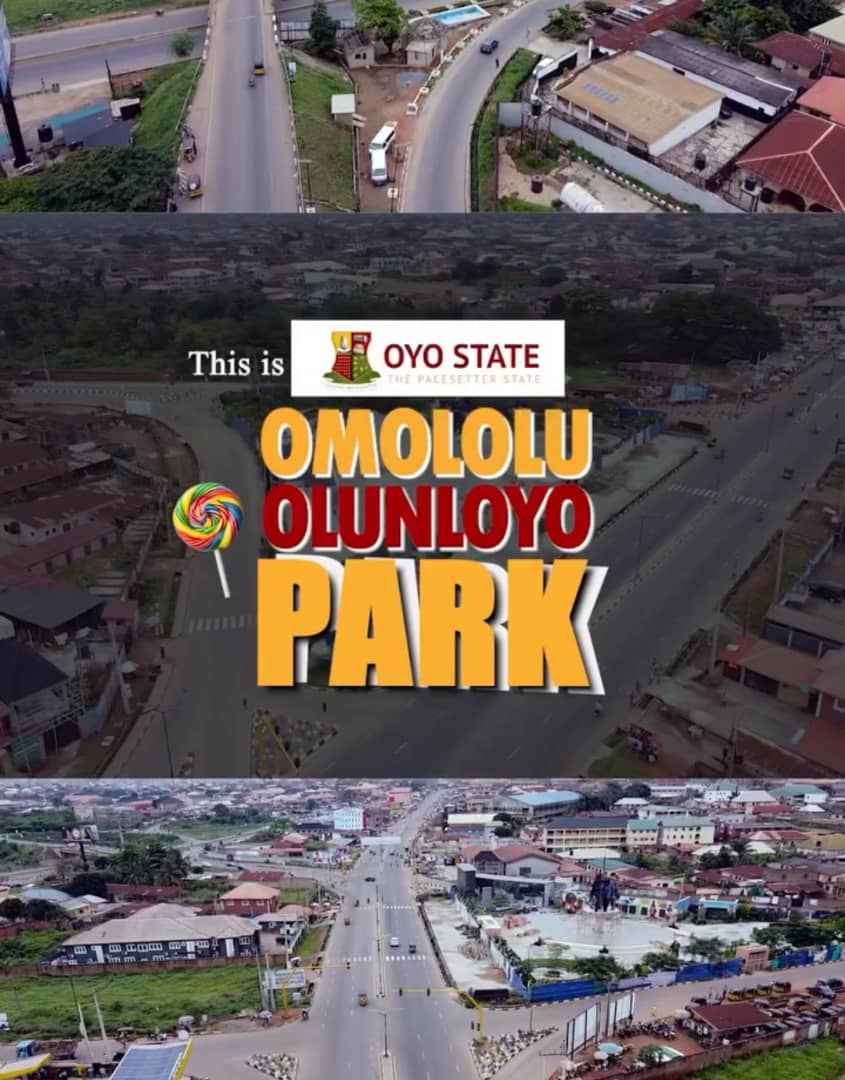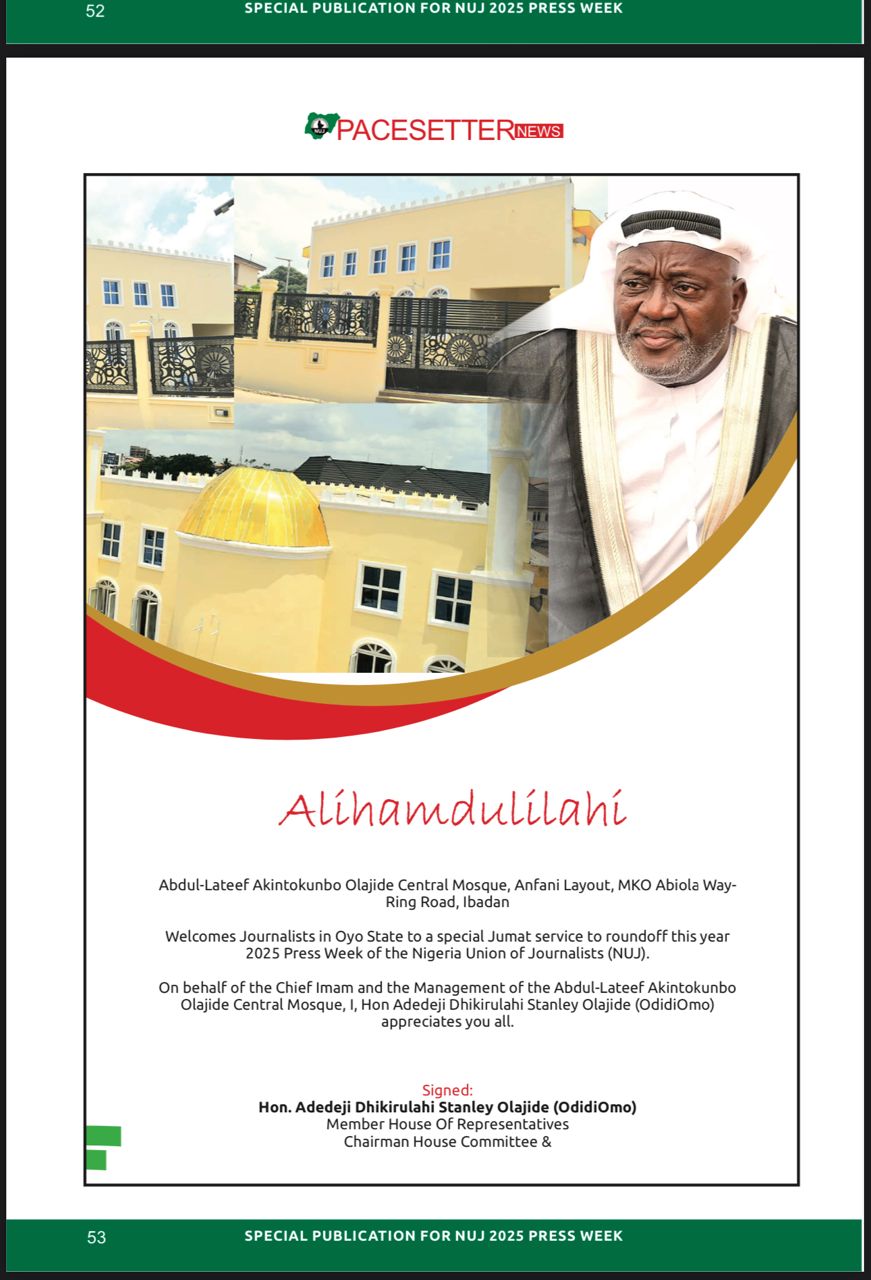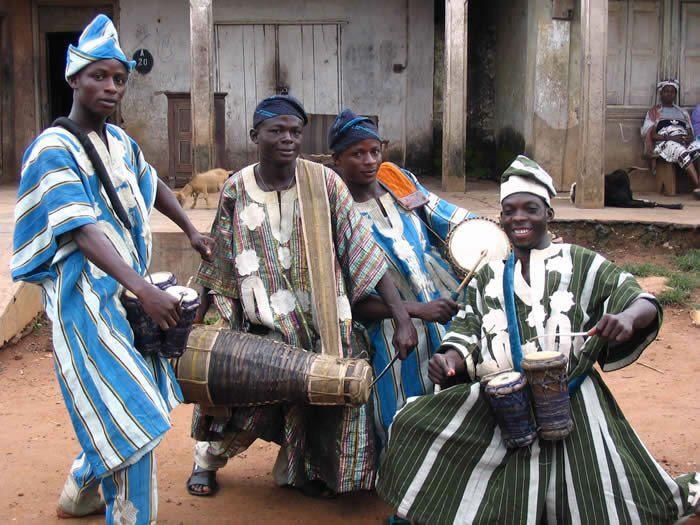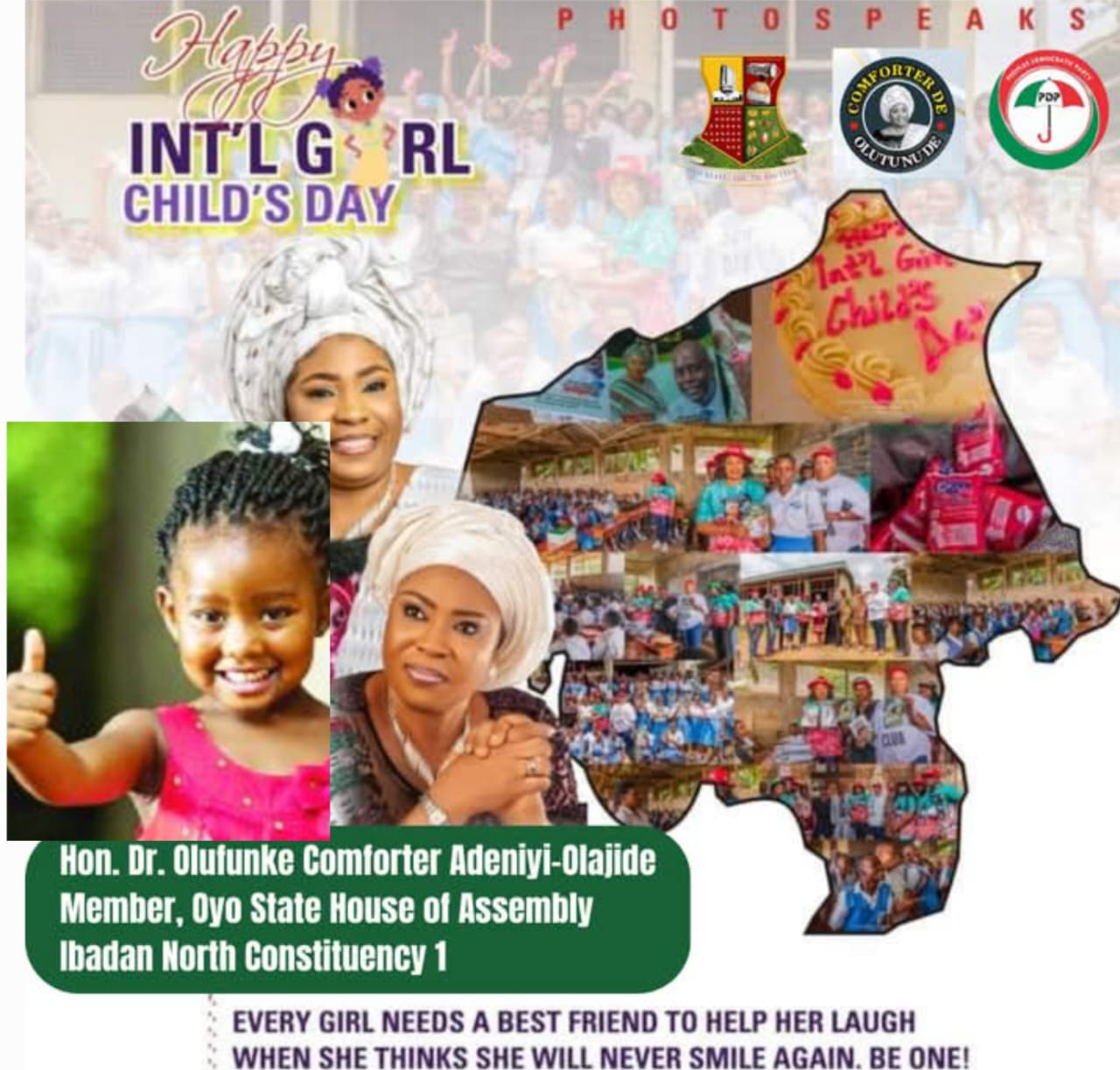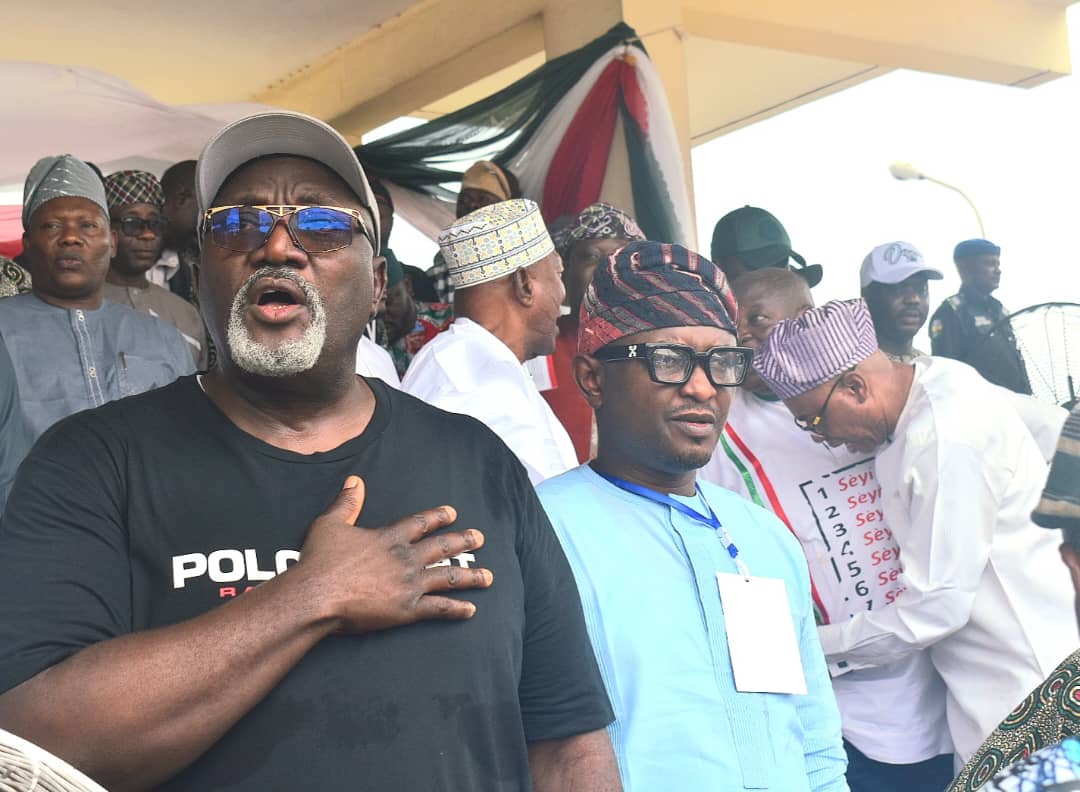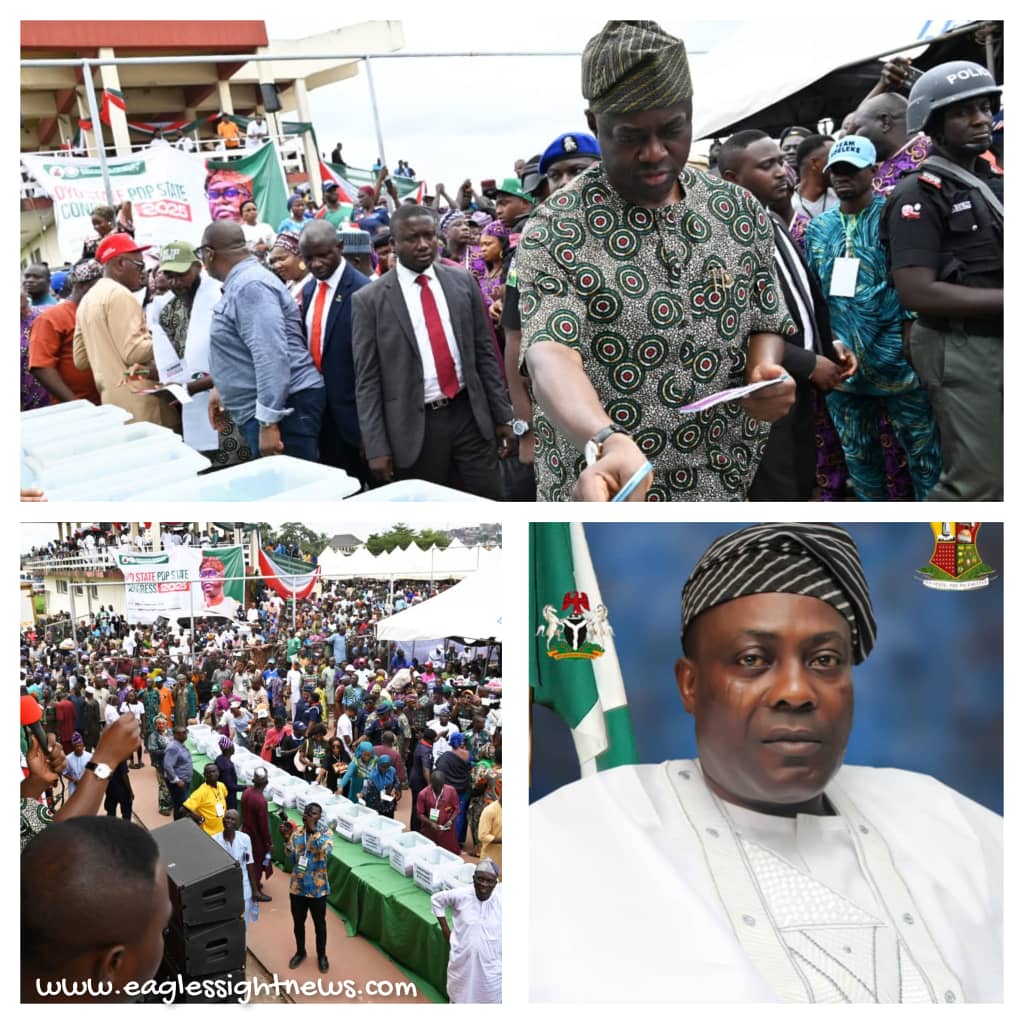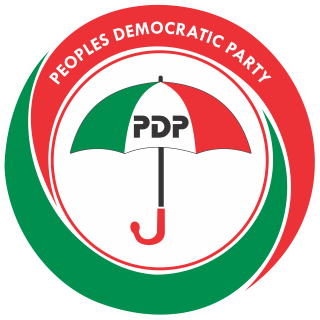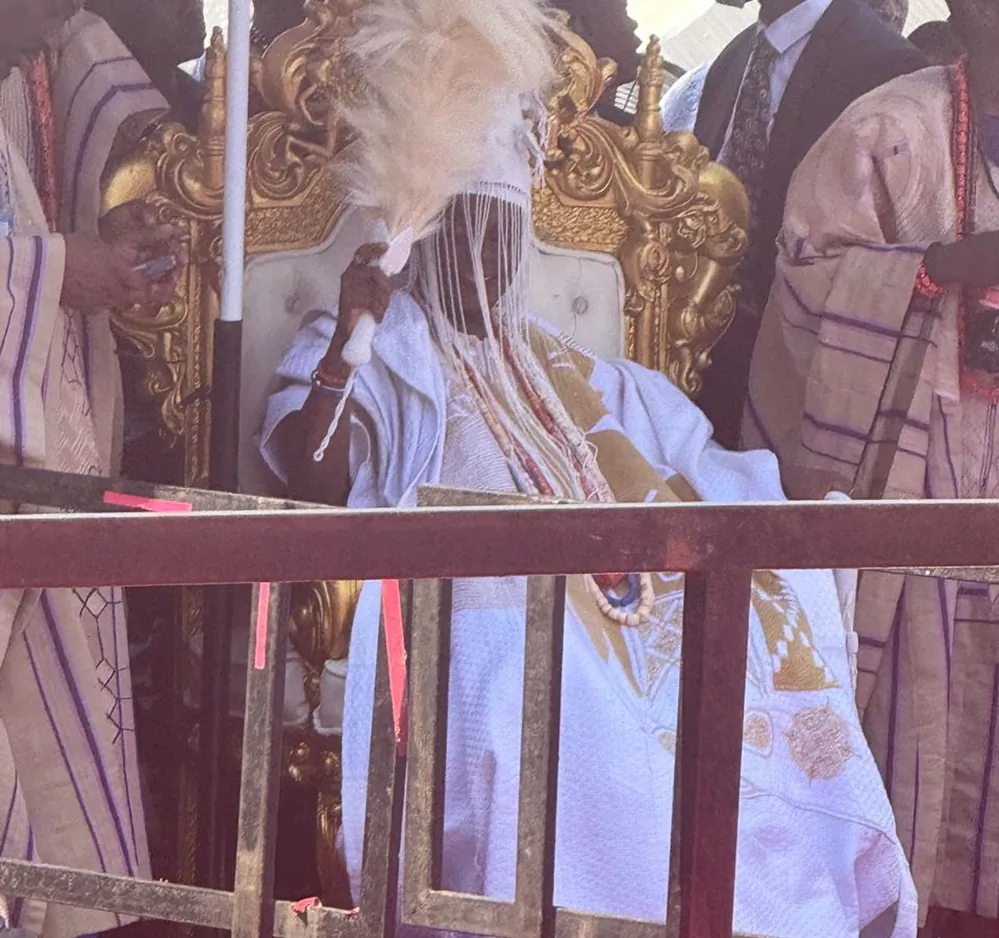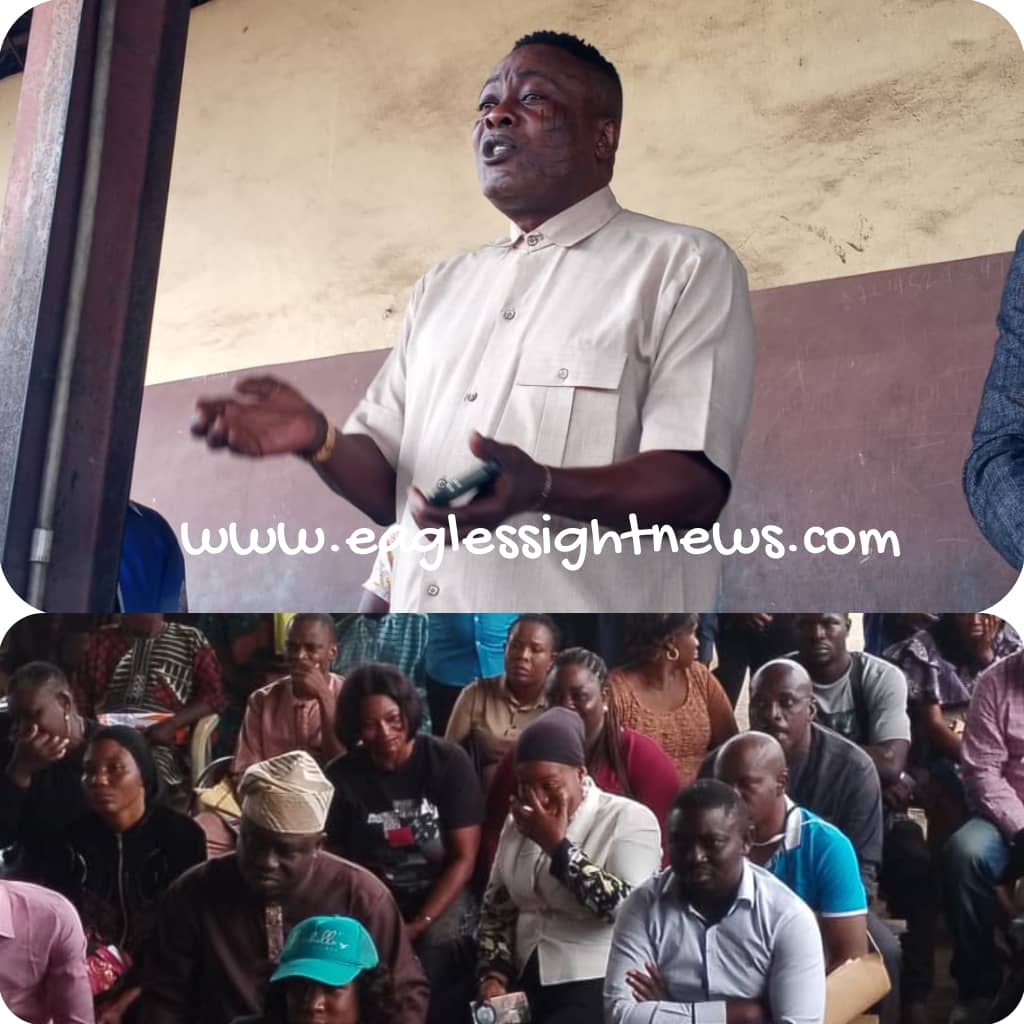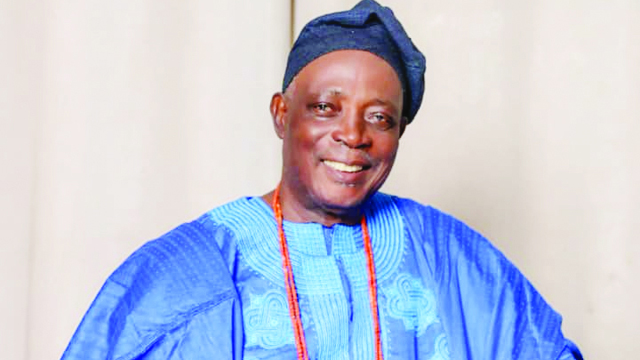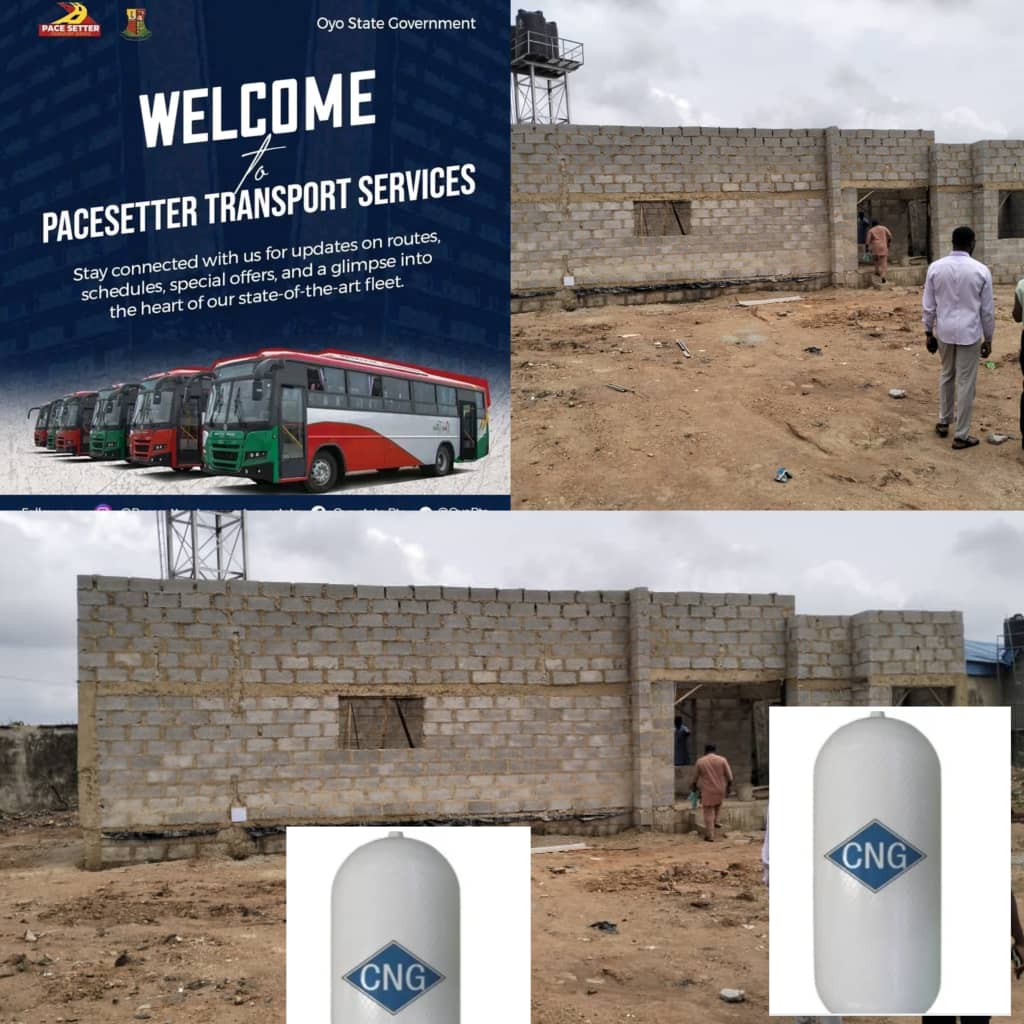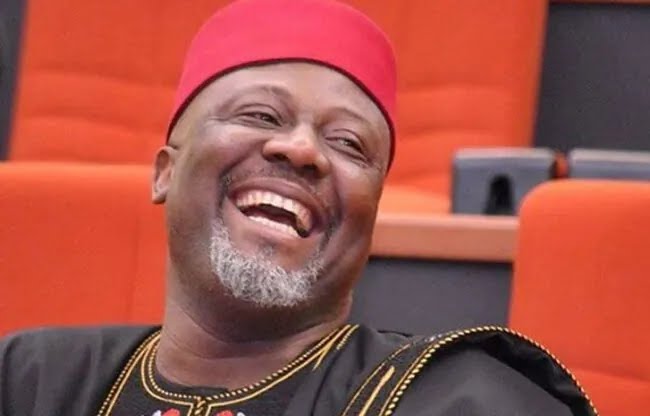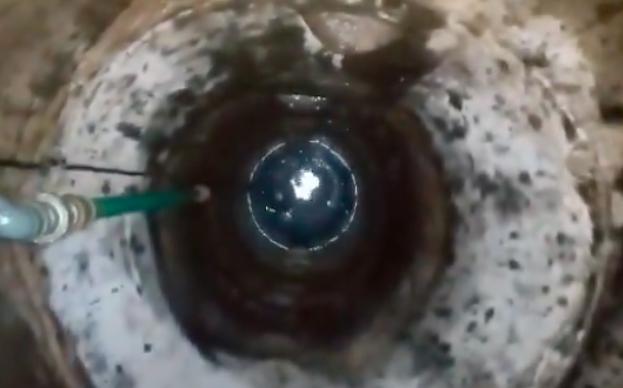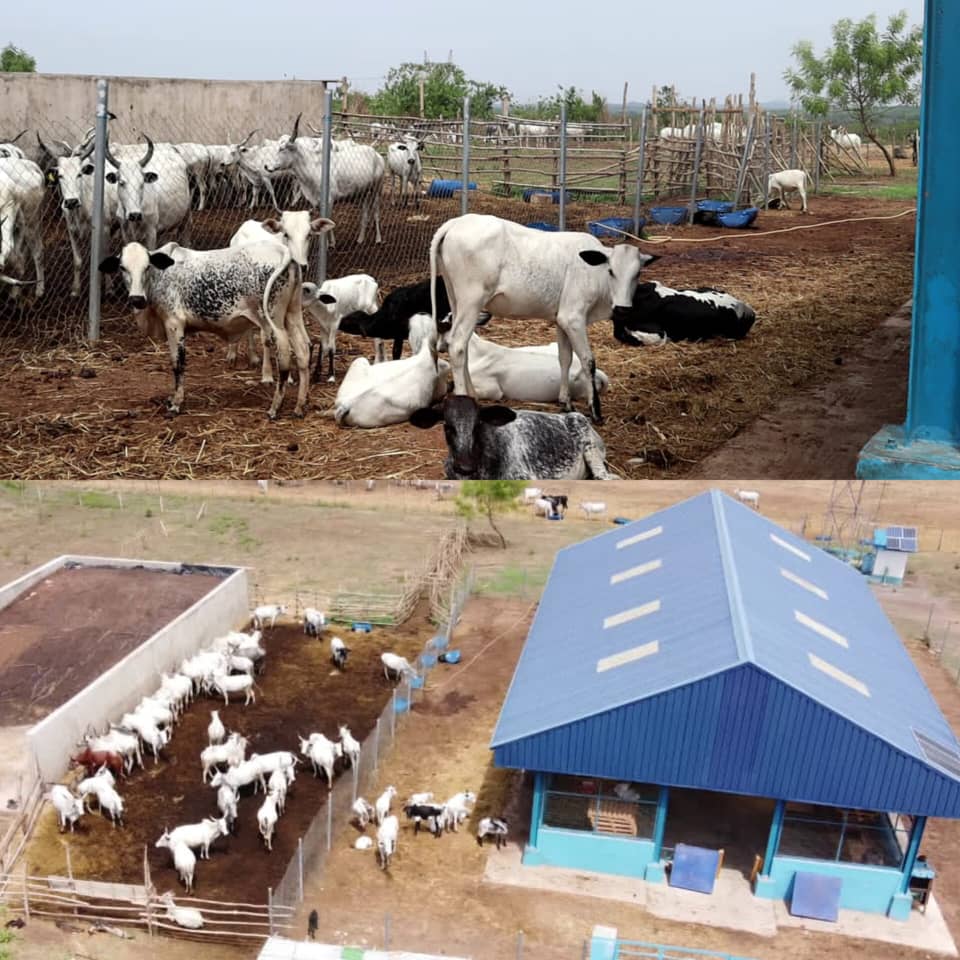Fasola Farm:Rebirth of Awolowo’s Animal Husbandry Initiatives
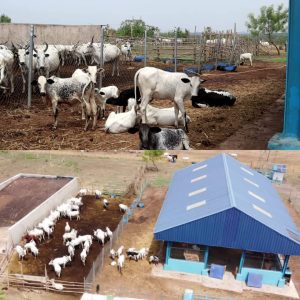
Fasola Farm: The Rebirth of Awolowo’s Animal Husbandry Initiatives

Fasola Agribusiness Industrial Hub, the first of the integrated agribusiness industrial hubs that Governor Makinde approved for Oyo State Agribusiness Development Agency (OYSADA) to build across the state, is almost completed. It is located on 1,100 hectares of land in Oyo West Local government, along Oyo Iseyin Road.
You may miss:Oyo:Makinde Suspends Revenue Collection on Agric,Reveals Fresh Measures to Cushion Food Price Hike
HISTORY
The hub was originally established in 1946 by the British colonialists because of the vast potential the area has for the agricultural sector, especially livestock and poultry. It was further developed under the old western region dairy farming during the era of Chief Obafemi Awolowo. Fasola livestock farm was known all over Nigeria and beyond as a center of excellence for livestock research, breeding, and production.
Through the effort of the leaders during this period the N’Dama, a breed of cattle that has a body resistant to the common cattle disease in Nigeria as at then, called Trypanosomiasis (a cow killer disease transmitted by bites of tsetse flies) was introduced.
The N’Dama cattle were easily adapted to the ranching system at Fasola farm and other subordinate set-up ranches such as Odeda, Oniseere, Iwo Oloba, and Ikorodu. An average N’Dama cattle when slaughtered for commercial use weighs around 500kg, compared to local cattle with the biggest average of 150 to 250kg.
The government then introduced the cattle breed offerings for the consumption of the people of the southwestern states. It was from Grandparent stock to Parent stock and then used to breed commercial stock.
How Fasola Farm Collapsed
This great initiative however went down the drain during the military regime and was left moribund by successive civilian governments.
With the advent of the military government, the agricultural sector became areas with little attention, Fasola inclusive, the Cattle Ranching was established the livestock center had little or no attention, and the production of commercial stock cattle stopped. Both grandparent and parent stock were needed for government officials’ social occasions, while all the machinery for breeding was carted away.
None of the successive civilian governments showed interest in reviving the Fasola livestock farm. The farm turned from being moribund to becoming forest and thus introduced Fulani herders to southwestern states with an open grazing approach to livestock rearing.
Revived Fasola Farm And The Newly Introduced Livestock Transformation Center
Presently at Fasola Agribusiness iIndustrialHub, private investors have invested heavily in Animal husbandry, like the old Western region project, but with a modern technological drive. The new cattle breed initiative in Fasola Agribusiness Industrial Hub when fully in operation will not only supply cattle for commercial purposes but also produce quality processed milk in large quantities.
Dairy companies such as Friesland Campinna Wamco the producer of Peak and cCrownMilk, E4 Farms and Food Limited, and Milkin Barn Limited are presently breeding thousands of cattle in their various ranches at Fasola livestock transformation center, the goal is to obtain a new generation of cattle that will produce the desired products more efficiently under future farm economic and social circumstances than the present generation of cattle in the region.
A farm dairy manager, a Kenyan who works with Friesland Campinna Wamco spoke with newsmen about the new development at the hub, he stated how the company has been able to import cow semen from Kenya, which is being used to inseminate local cows.
He said that the Fasola farm is a rich farmland which, if put to use optimally, the people of Oyo state and neighboring states do not need to depend on other zones for agricultural produce.
Speaking further, ” he noted that Every breeding cow at Fasola is targeted to produce a maximum of 60 liters per day compared to the production of local cows, which is a maximum of 2 liters for processing and consumption.
“At present, the first generation of cows at Fasola farm has been producing 10 to 15 liters of milk, while, through insemination, the hub[AA(1] is preparing the cows for the second generation where each female cow will be producing up to 20 to 30 liters per day.
“Soon, we will have a situation whereby a cow can produce like 15, 30, even 60 liters per day. Cows of F1, meaning First Generation, can give you up to 10 to 15 liters. If you inseminate with AI, the total you can get is 20 to 25 liters. But if it is the Fourth Generation, you can have about 30 liters per day. You don’t need 30 cows to give you 60 liters but two cows can give you 60 liters.
The hub is also been used as a practical training ground for farmers on modern livestock rearing, artificial insemination, and pasture development for animals. Over 100 local livestock farmers and animal husbandry officers were been trained for free by the consortium group of experts from the Netherlands, the USA, and Brazil, on pasture production, modern artificial insemination, and livestock rearing and management, these will be a continuous program that Fasola livestock transformation center will offer livestock farmers in Oyo state.
Through the state-assigned project, Livestock Productivity and Resilient Support Project(LPRES) supported by the World Bank fund, over 1,000 livestock farmers will be strengthened through the Fasola Livestock Center
During the World Bank and National team of the LPRES that comprised 18 States visit to Fasola, the LPRES WB team leader noted that with what he saw, Oyo State is ahead of the project and has developed a livestock transformation center at Fasola that will change for good the history of livestock in Nigeria, he commended the visionary leadership of the governor of the state in bringing such a facility back to life for the benefit of farmers.
The administration of Governor Seyi Makinde has brought back the old memories of Fasola Farm. The aims and objectives of the state in agribusiness have come to life. The government has transformed the under-utilized and moribund Fasola farm into a modern Agribusiness Hub, creating an enabling environment for agribusinesses to thrive by supporting infrastructure development and policy formulation. All residents of Oyo state should be proud of the rebirth of Awolowo’s Legacy in a modern way.
Daramola Fisayo writes from Oyo state


